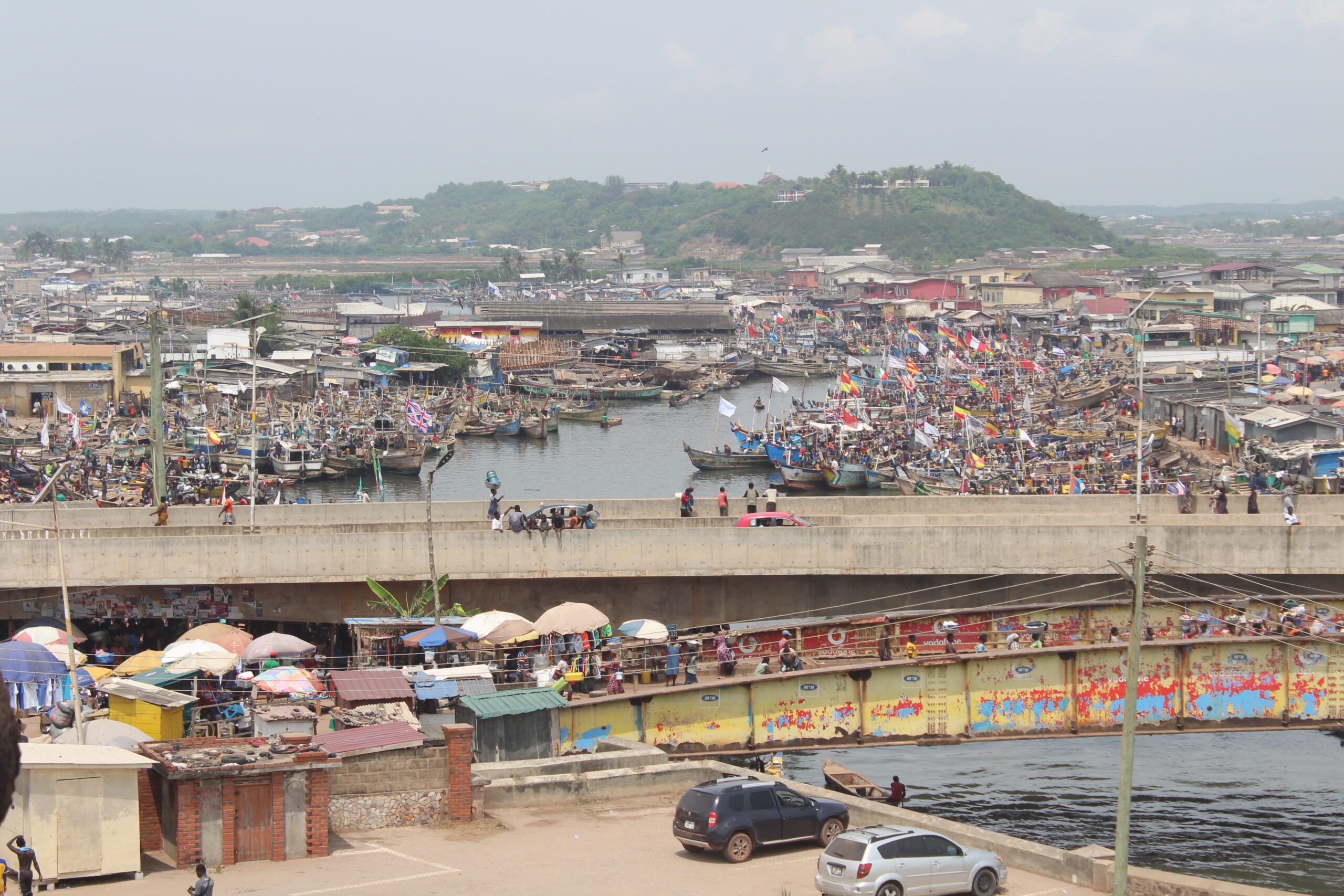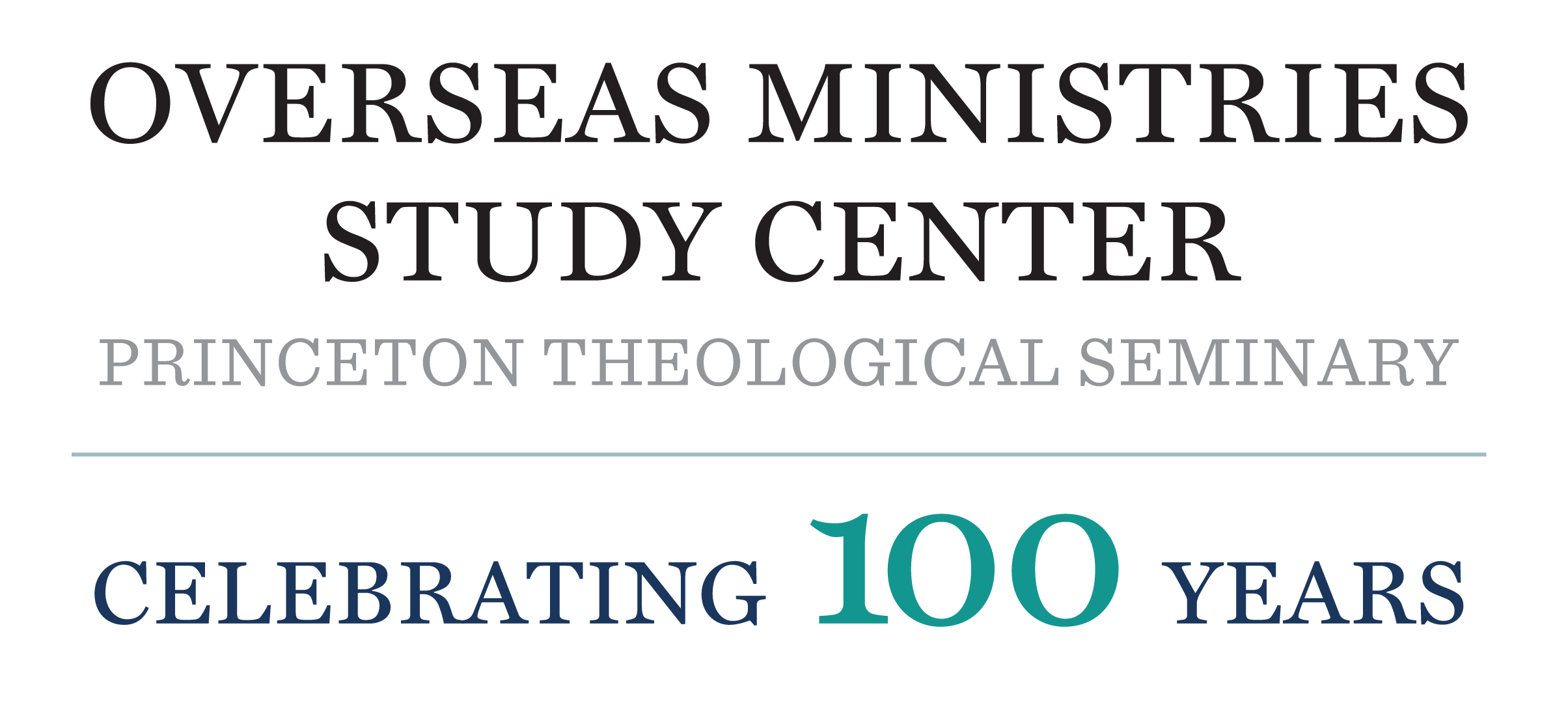By Dr. Jesudas M. Athyal
 Dr. Athyal was an Associate Professor of Dalit Theology and Social Analysis at Gurukul Lutheran Theological College, Chennai, India. During 2016 – 2023, he was the Acquisitions Editor of Fortress Press for World Christianity, World Religions, South Asian, and Indian Scholar. He is the co-author of Understanding World Christianity: India (Fortress Press, 2015), editor: Religion in Southeast Asia: An Encyclopaedia of Faiths and Cultures (Santa Barbara, CA: ABC-CLIO, 2015), Associate Editor of Oxford Encyclopaedia of South Asian Christianity – 2 vols. (New Delhi: OUP, 2012), and co-editor of The Life and Legacy of M. M. Thomas: “Only Participants Earn the Right to be Prophets” (London: Ashgate, 2015). He lives in Kerala, India.
Dr. Athyal was an Associate Professor of Dalit Theology and Social Analysis at Gurukul Lutheran Theological College, Chennai, India. During 2016 – 2023, he was the Acquisitions Editor of Fortress Press for World Christianity, World Religions, South Asian, and Indian Scholar. He is the co-author of Understanding World Christianity: India (Fortress Press, 2015), editor: Religion in Southeast Asia: An Encyclopaedia of Faiths and Cultures (Santa Barbara, CA: ABC-CLIO, 2015), Associate Editor of Oxford Encyclopaedia of South Asian Christianity – 2 vols. (New Delhi: OUP, 2012), and co-editor of The Life and Legacy of M. M. Thomas: “Only Participants Earn the Right to be Prophets” (London: Ashgate, 2015). He lives in Kerala, India.
Introduction
The Fifth International Interdisciplinary Conference on World Christianity met at the University of Ghana in Accra, Ghana, from March 11 –15, 2024. The Conference, co-organized by the Princeton Theological Seminary, the Overseas Ministries Study Center, and the Department for the Study of Religions in the University of Ghana, focused on the theme “Revisiting Women and Gender in World Christianity.” About one hundred thirty participants, representing twenty-four countries, attended the conference physically, with seventy scholars joining online.
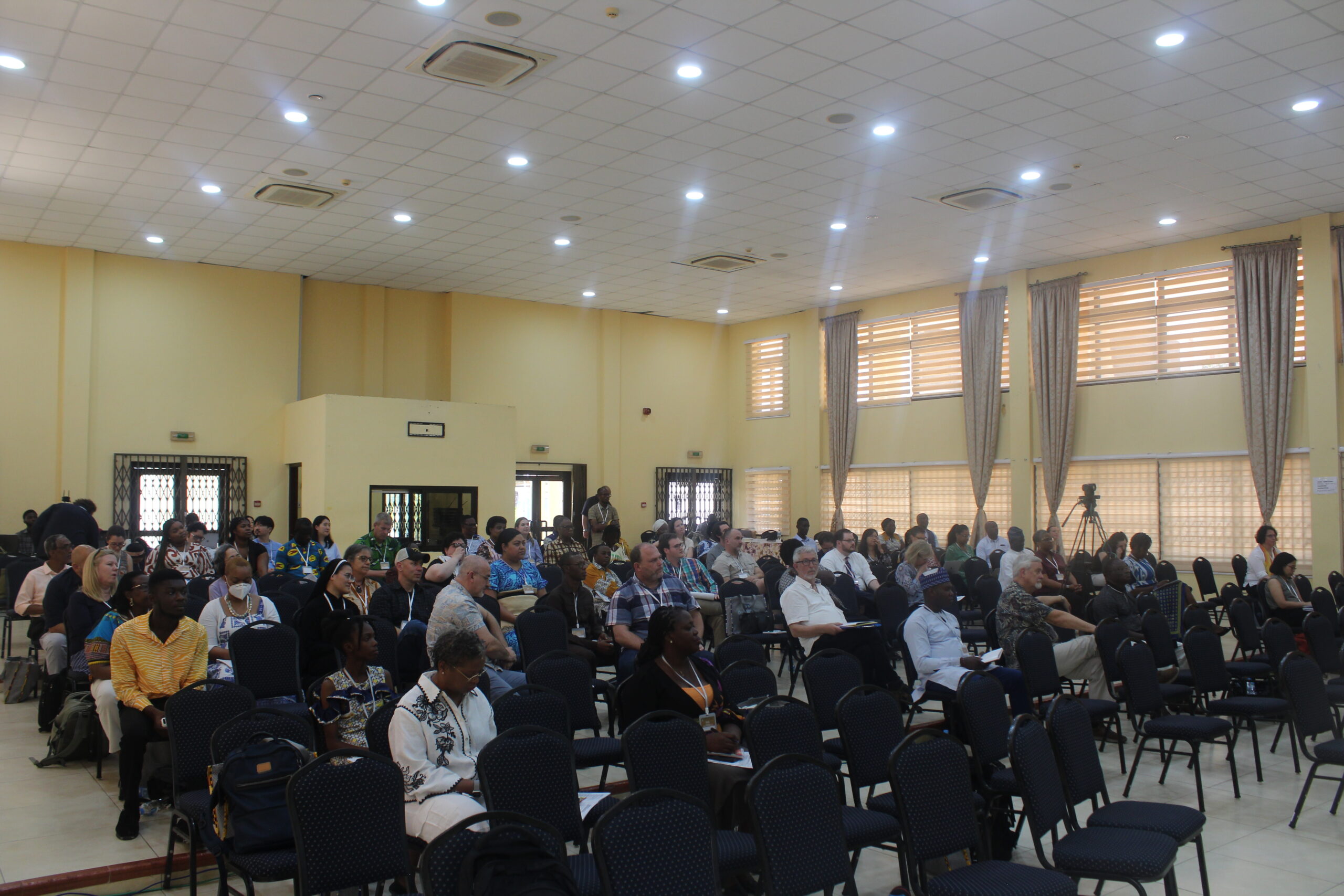
A highlight of the World Christianity Conferences is the Gerald H. Anderson Lectures. Each year, the Overseas Ministries Study Center and the Princeton Theological Seminary jointly invite leading scholars in Mission Studies, World Christianity, Intercultural Theology, or a cognate discipline to deliver public lectures at the World Christianity Conference. These lectures are named in honour of Gerald H. Anderson, who served as Executive Director of the Overseas Ministries Study Center from 1974-2000. The speakers at the Anderson Lectures this year were Dr. Kwok Pui-Lan (Candler School of Theology at Emory University, USA), Dr. Egodi Uchendu (University of Nigeria, Nsukka), and Dr. Ivone Gebara (Pontifical Roman Catholic University of São Paulo, Brazil).
The noted Asian American theologian Dr. Kwok Pui Lan set the pace for the discussions at the Conference this year by focusing on the theme, ‘Paradigm Shifts in the Study of Women and Gender in World Christianity.’ Dr. Pui Lan quoted Dr. Mercy Amba Oduyoye, who stated that the women’s movement in World Christianity is an eruption within an eruption. Women and gender should be categories of analysis in our times.
The Conference recognized several dimensions of the paradigm shift to a womanist perspective in World Christianity. ‘Revisiting Women and Gender in World Christianity’ involved not only a shift from men to women but also from western missionaries to local witness. The pertinent question before us is, has Christian women’s history changed the study of World Christianity? Several sessions at the Conference – such as those discussing Feminist and Womanist Decolonial Theologies and Theologians, Gender and Methodology in World Christianity, Gendered Exegetical Considerations, and Women Negotiating Religious Spaces – addressed this question.
Women in World Christianity
The annual World Christianity Conferences began with the realization that during the latter half of the twentieth century, scholars began to pay closer attention to the polycentric and culturally diverse nature of Christianity worldwide. In particular, the rapid growth in the number of Christians living in the global South caught the attention of Western scholars as a trend that would not be reversed in the near future. In this context, World Christianity has been recognized in recent decades as an academic field of study that encompasses analysis of the histories, practices, and discourses of Christianity and its various forms as they are found on the six continents. However, the term is generally used with particular reference to the voices and perspectives of the marginalized people in the global south.
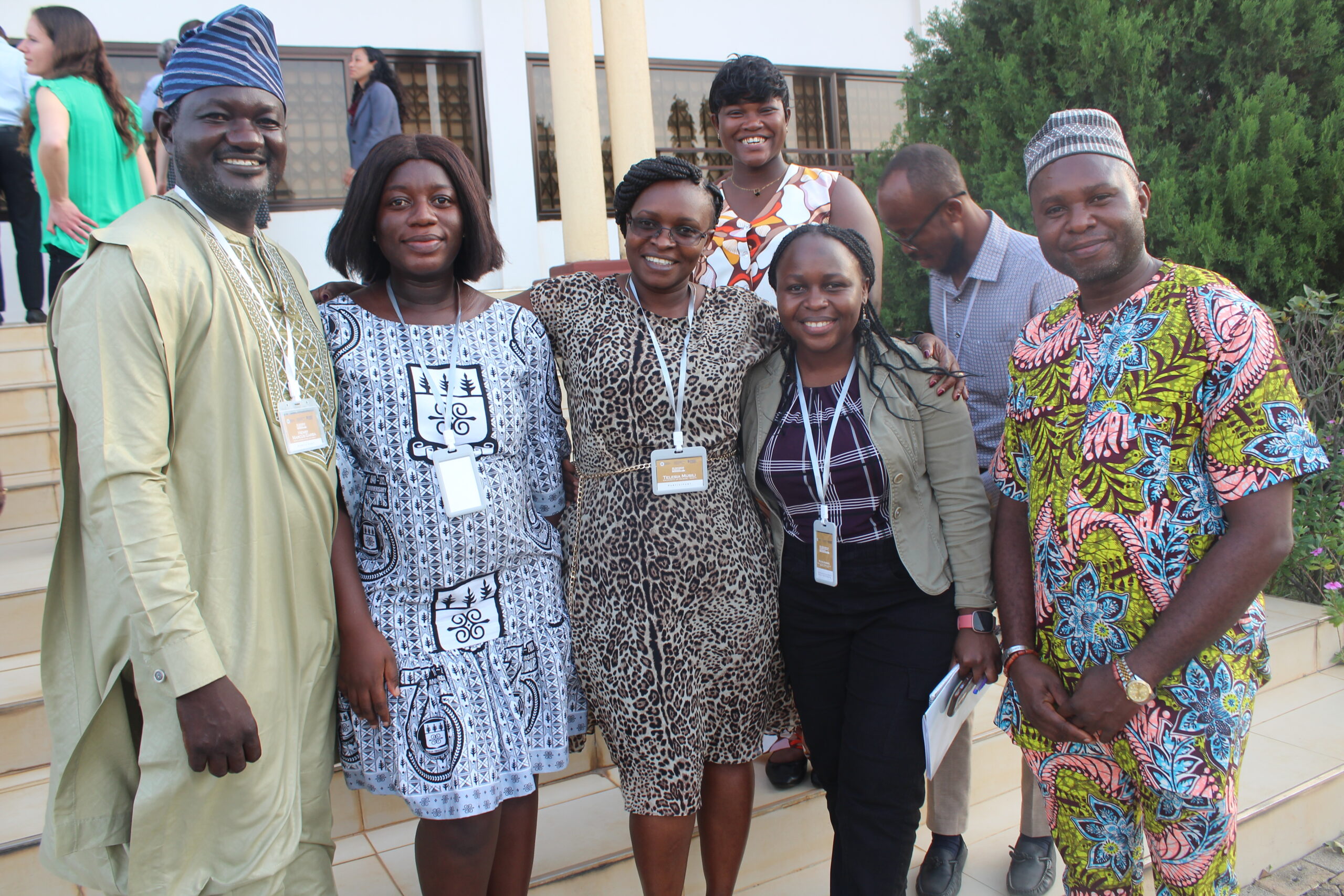
Following the realization that women have been a key category in defining the meaning of religion in our times, the Fifth World Christianity Conference focused on the theme, Revisiting Women and Gender in World Christianity. As Professor Dana Robert of Boston University put it, global Christianity had become a predominantly female movement by the late twentieth century. Eliza F. Kent added a global dimension to this realization by acknowledging the need to uncover the histories of Christian women in the global South in the process recognizing their overlooked contributions.
Yet, despite these important gains, the field of World Christianity has rarely acknowledged the theological contributions of women in the global south. In other words, the questions women shaping theological agendas in Asia-Pacific, Africa, the Middle East, and Latin America and the Caribbean have been raising for some time may need further consideration in the literature of World Christianity. Furthermore, the field of World Christianity lacks a consistent engagement of feminist, womanist, mujerista, and other scholarly contributions from the global South women, including that produced by the Circle of Women Theologians in Sub-Saharan Africa, which bring attention to heteropatriarchal structures that continue to inform our relations and work in academia, church, and society.
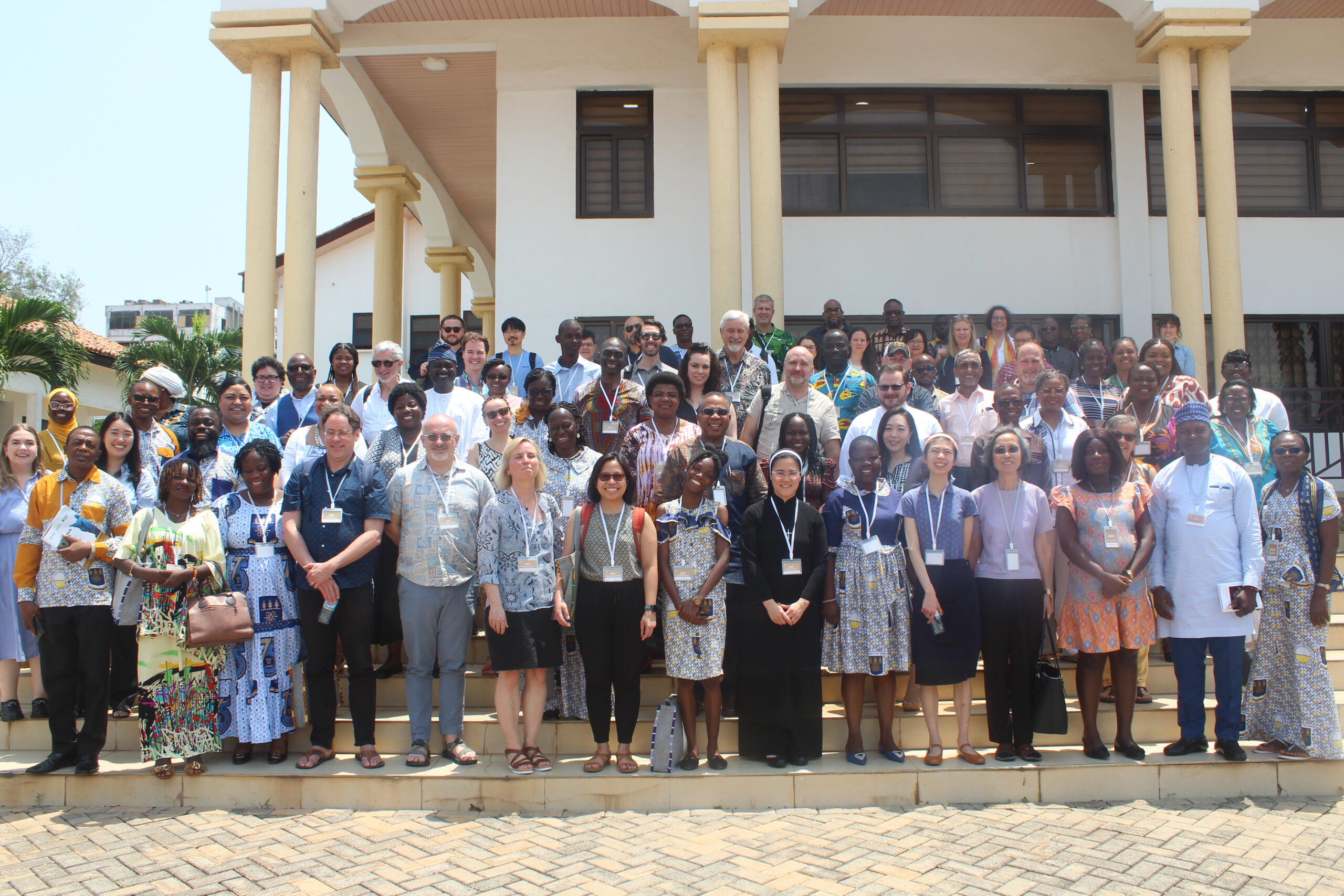
Whose Voices are Missing?
The question before the Fifth World Christianity Conference therefore was, whose voices are missing in our discussions on World Christianity? One major concern was linguistic colonialism. Our conferences and other gatherings are mostly in English. That excludes a large number of people who are not well versed in the language. The matter is further complicated by the fact that the overwhelming number of non-English speakers are women. We cannot discuss new patterns in World Christianity without women being at the centre of these deliberations.
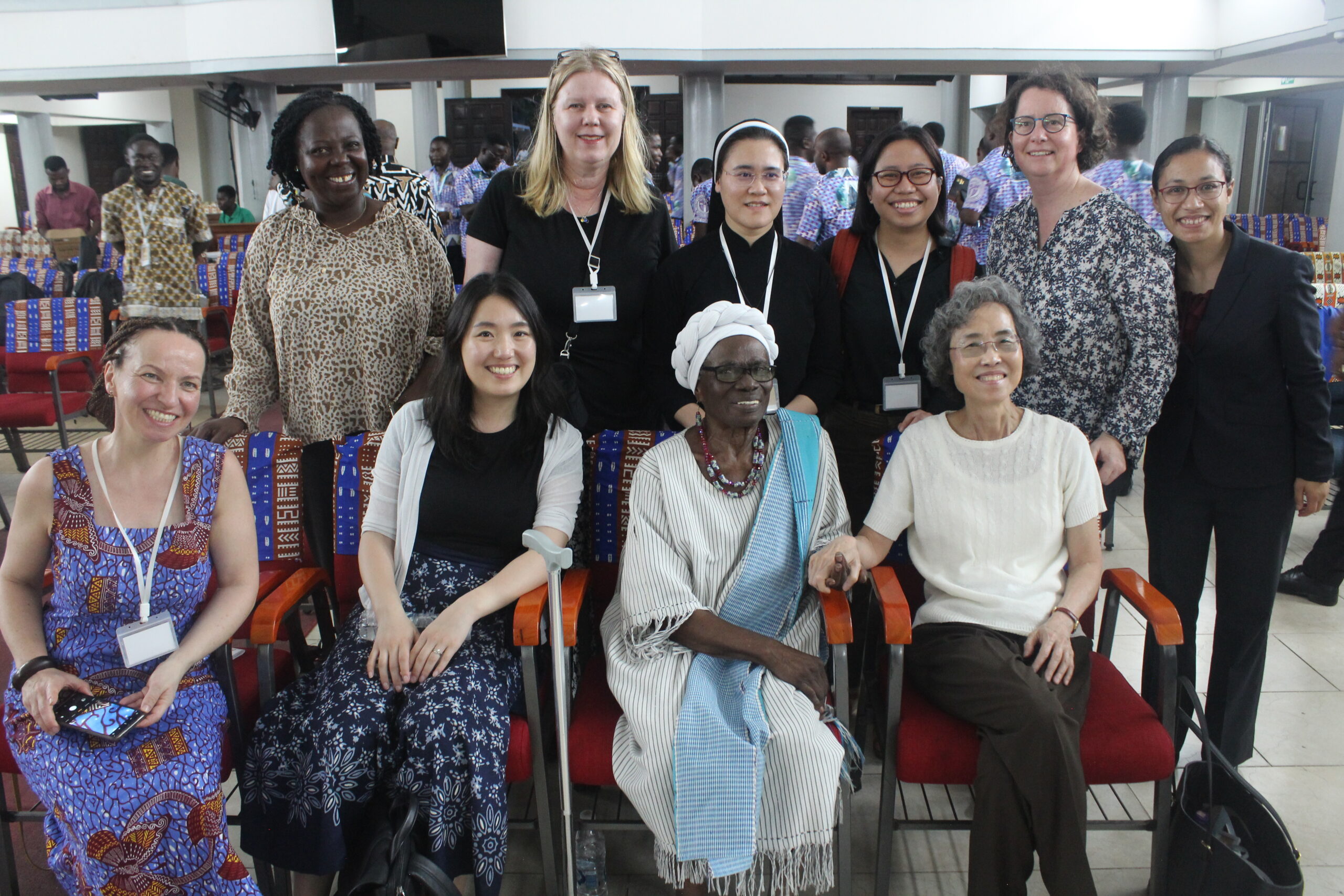
Social relations between the sexes were also recognized as a matter of concern. A contrapuntal reading of women’s history is essential. The ordination of women in the worldwide Anglican communion was a major step in redefining our ecclesiastical framework. This process should be carried forward to all levels of the ecclesiastical realm. We cannot also be silent about the gender minorities. Our discourses often revolve around the men – women binary. Increasingly, gender minorities who were previously invisible are asserting their places under the sun.
The Conference also affirmed that the Bible should be central to our discussions. Post-colonial, post-cultural studies should guide our reading of the Scripture. The question before us is, where should women seeking their place in World Christianity turn to in the Bible? According to Dr. Kwok Pui Lan, some African languages do not have the male language to describe God. They have mostly gender-neutral languages to describe the divine. However, translation from the traditional African languages to English and the other Western languages has changed it all.
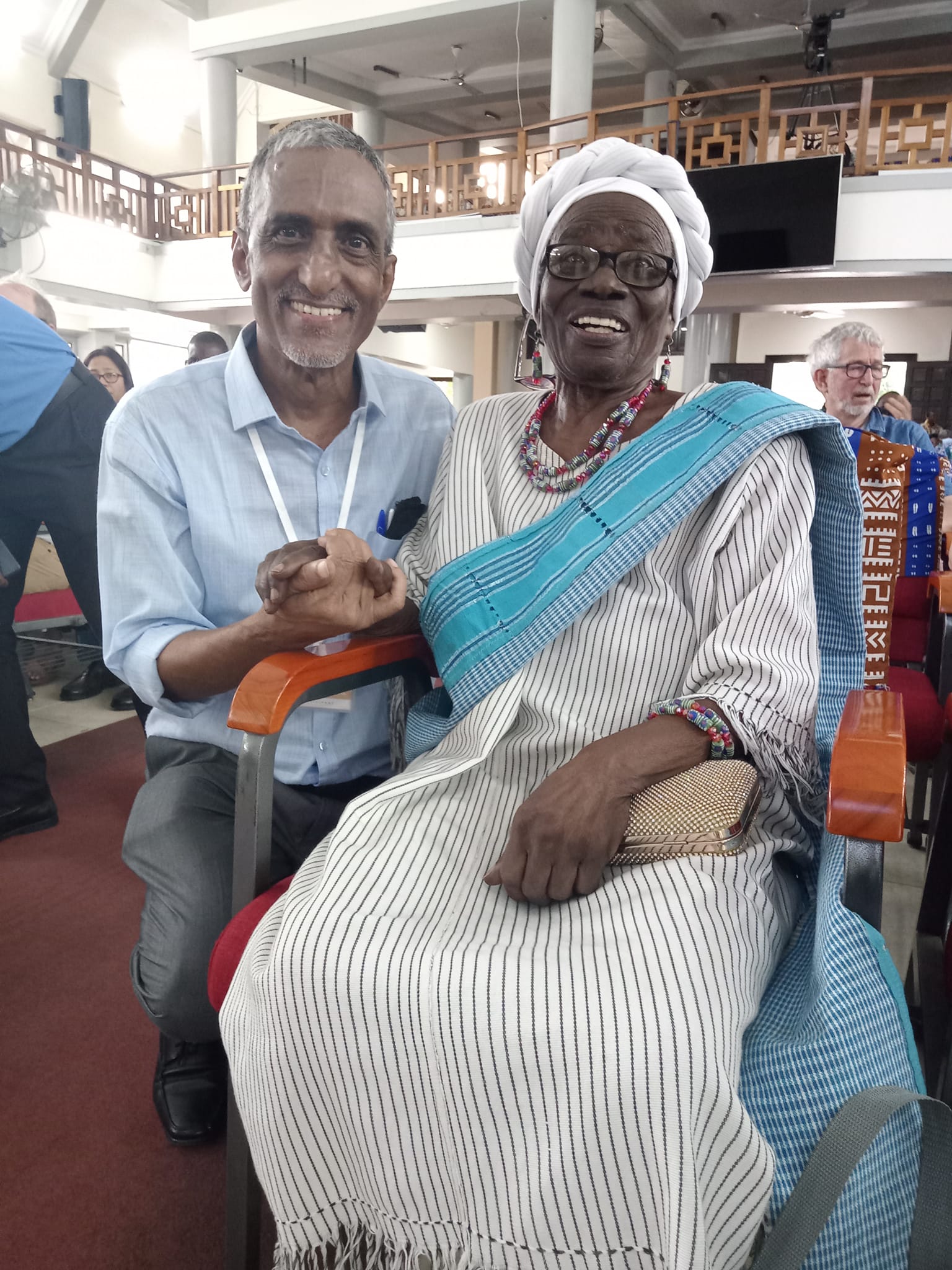
The Conference also affirmed that the Bible should be central to our discussions. Post-colonial, post-cultural studies should guide our reading of the Scripture. The question before us is, where should women seeking their place in World Christianity turn to in the Bible? According to Dr. Kwok Pui Lan, some African languages do not have the male language to describe God. They have mostly gender-neutral languages to describe the divine. However, translation from the traditional African languages to English and the other Western languages has changed it all.
As perhaps the most celebrated African woman in World Christianity, the Conference felicitated Dr. Mercy Amba Oduyoye, a renowned Ghanaian Methodist theologian who worked for decades to address issues of poverty, women’s rights, and global unrest. During her long ecumenical career, Dr. Oduyoye served as the Deputy General Secretary of the World Council of Churches and the President of the World Student Christian Federation. She is one of the founders of the Circle of Concerned African Women Theologians, a pan-African ecumenical organization that mentors the next generation of African women theologians to counter the dearth of academic theological literature written by African women. Through her life and work, Dr. Oduyoye provided a much-needed corrective to Eurocentric, colonial, and patriarchal theologies by centering the experiences of African women as a starting point from which theological reflection might begin.
The Slave Castles in Ghana
A highlight of the Fifth World Christianity Conference was a tour to the Elimina Castle and Cape Coast Castle that once served as the nerve centres of the slave trade in Ghana. While these forts were established in the seventeenth century as trading posts by the Portuguese, Swedish, English, Danish or Dutch traders to store goods that were brought to the coast, they were transformed into prisons when the slave trade took over. These forts became the last place where enslaved Africans would stay before being shipped to the Americas. While there were sixty such forts in Ghana, the largest was Cape Coast Castle where as many as 1,500 enslaved people were held in the dungeons at one time. Elmina Castle also had a similar history. It is believed that somewhere between 10 and 28 million Africans have been shipped across the Atlantic between the 15th and 19th centuries. These forts not only remind us of a dark past in human history but also caution us against the lingering conditions that enslave us in the form of neo colonialism and monopoly trade.

Conclusion
The discussion on World Christianity is at a crossroads today. The rejuvenated dynamism of the Christian faith in the southern hemisphere propelled the 21st-century discussions on world Christianity. However, the South is also a highly pluralistic context where Christianity is often the minority faith. The waves of majority religious nationalism in several Asian and African countries are posing serious threats to the very existence of Christianity in these places. Therefore, much like in the early centuries, in our times too, the Christian mission is carried out amid hostile social and political forces. However, equally important is the fact that the Christian believers in the South are not merely struggling to survive but also to be relevant by responding to the cries of the indigenous people, women, and racial minorities. In this larger context, the fifth World Christianity Conference focused on the theme, Revisiting Women and Gender in World Christianity.
